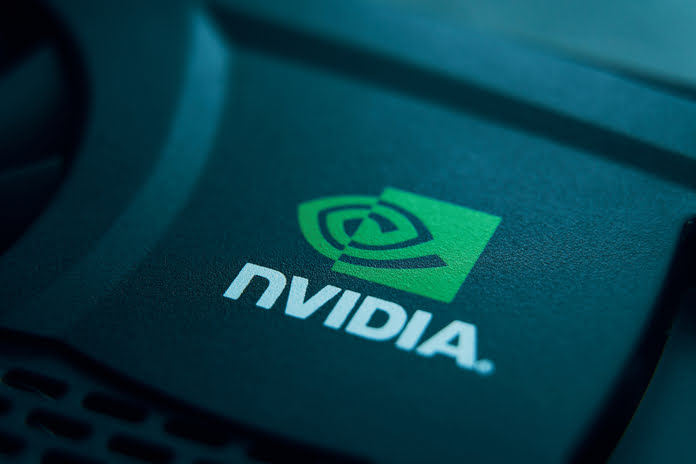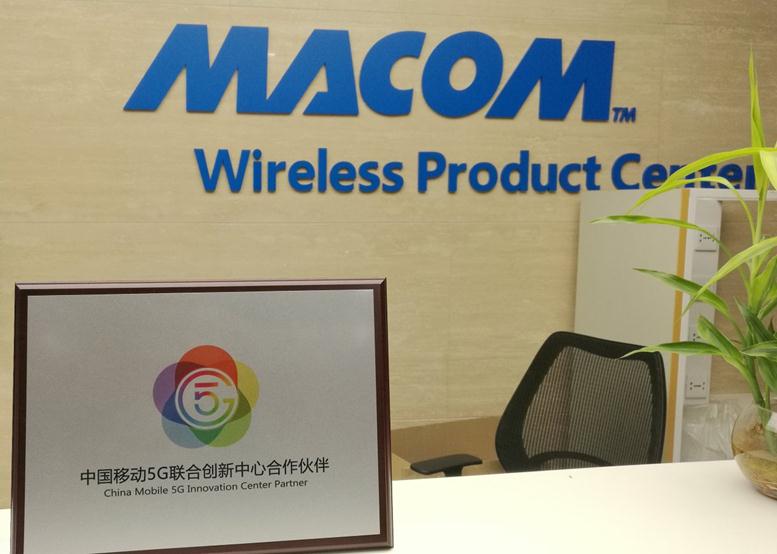On October 18, 2023, NVIDIA Corporation (NASDAQ:NVDA) saw a 4.7% drop in its shares following the announcement of fresh export restrictions imposed by the U.S. government on the sale of artificial intelligence (AI) chips and manufacturing equipment to China. These new restrictions expand upon export curbs placed on NVIDIA chips in August 2022.
The extended restrictions prevent NVIDIA from selling two AI chips, A800 and H800, which were designed specifically for the Chinese market after the initial export curb last year. Additionally, these constraints encompass one of the company’s flagship gaming chips, the RTX 4090, along with L40 and L40S.
Last year, the U.S. government restricted NVIDIA from selling its A100, A100X, and H100 integrated circuits to China and Russia. Furthermore, the government banned the export of DGX and other systems that incorporated A100 or H100 integrated circuits.
These expanded restrictions appear to be part of the U.S. government’s ongoing efforts to limit China’s access to advanced technologies that could bolster its military capabilities.
Nonetheless, these restrictions are expected to impact NVIDIA’s operations in China significantly. In a filing with the Securities and Exchange Commission, the company indicated that it might be compelled to relocate its business operations away from countries listed under the U.S. government’s export restrictions. These rules are likely to affect NVDA’s ability to support existing customers and develop certain products within their intended timelines.
Despite these challenges, NVIDIA remains optimistic about its financial performance in the near term, given the strong global demand for its products.
NVIDIA’s Impressive Growth in Generative AI
NVIDIA has enjoyed substantial growth in 2023, with its share prices surging by 200.6% year-to-date. This surge is driven by expectations that the company will benefit significantly from increasing investments in generative AI.
Generative AI is a type of AI technology capable of producing various content types, such as text, imagery, audio, and synthetic data. Its success has been exemplified by the widespread adoption of ChatGPT, a large language model developed by OpenAI. This technology has demonstrated the potential for generative AI to enhance human capabilities, particularly in sectors like marketing, customer service, healthcare, and more.
However, generative AI necessitates extensive data and computational power, leading companies to upgrade their network infrastructure. NVIDIA’s high-performance, next-generation chips are well-suited for this purpose. During a recent earnings conference call, NVIDIA’s CEO, Jensen Huang, emphasized the inadequacy of existing data centers in handling the growing AI workloads.
NVIDIA’s GPUs are already making strides in AI applications across various industries, including automotive, healthcare, and manufacturing. The generative AI revolution is expected to drive substantial demand for their high-computing power chips. NVIDIA forecasts third-quarter fiscal 2024 revenues of $16 billion, up from $5.93 billion in the same quarter the previous year, driven primarily by increasing AI investments in the data center market.
Featured Image: Megapixl









